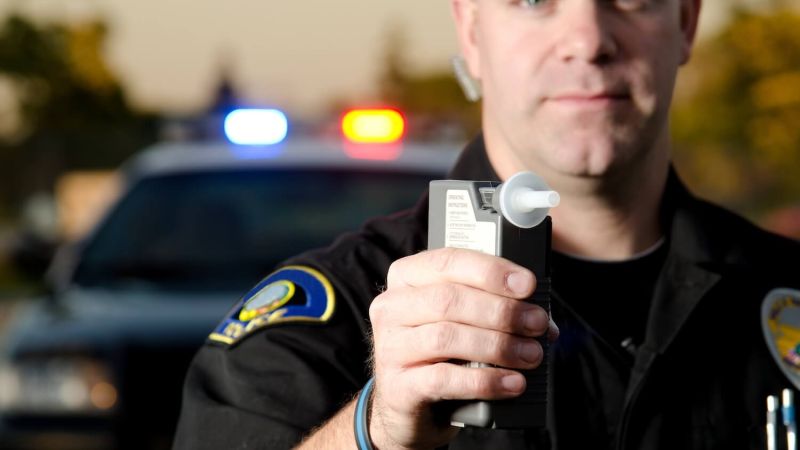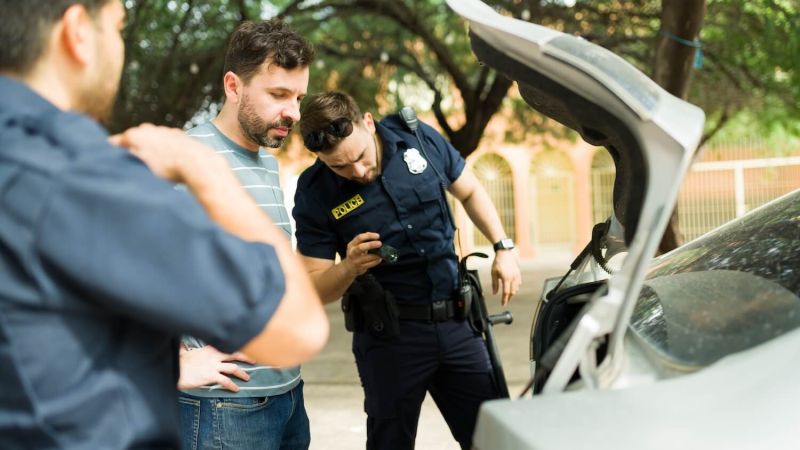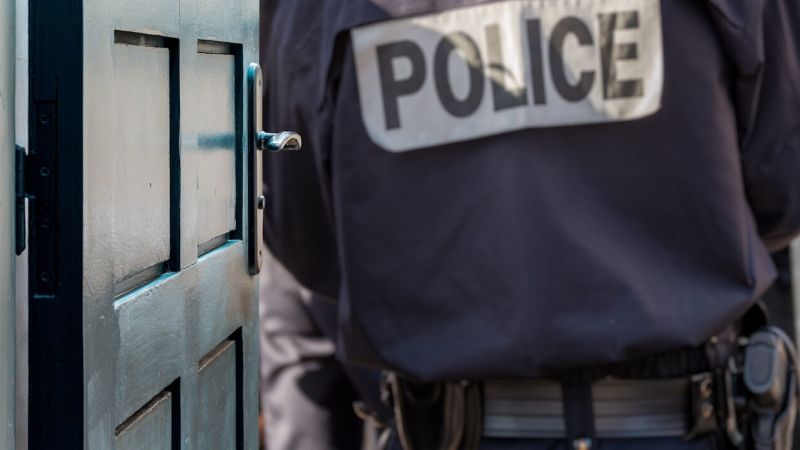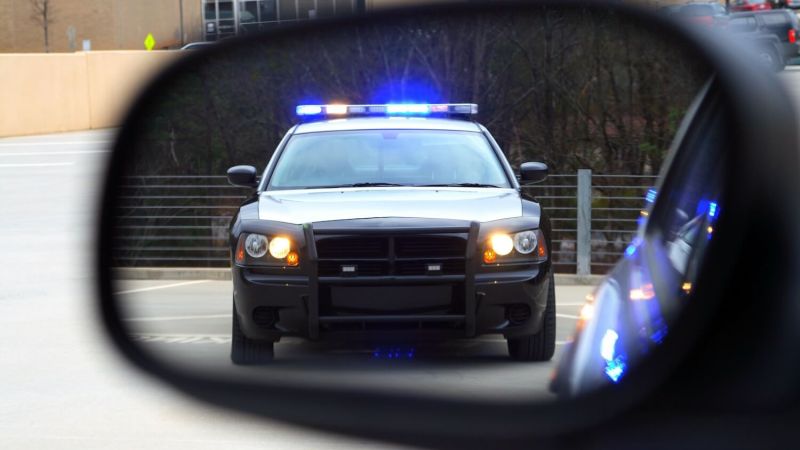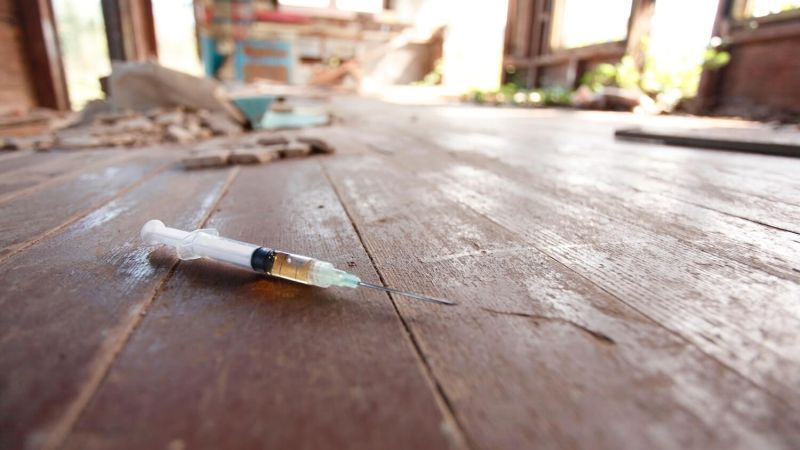- South Jersey Defense Firm Protects Drivers’ Rights When Charged with DWI/DUI and Refusal in Municipal Court
- DWI/DUI and Refusal Convictions Can Lead to License Forfeiture, Extensive Fines, Increased Insurance Premiums, and Even a County Jail Sentence
- First Offender DWI Convictions Effective February 19, 2024
- Second Offender DWI Convictions Effective February 19, 2024
- Third and Subsequent Offender DWI Convictions Effective February 19, 2024
- Possible Defenses Against Municipal Court DWI/DUI Charges
- Contact a South Jersey DWI/DUI Defense Lawyer for a Consultation

Camden County Defense Attorneys Defend Drivers Charged With DWI/DUI (N.J.S.A. 39:4-50) and Refusal (N.J.S.A. 39:4-50.4a)
- South Jersey Defense Firm Protects Drivers’ Rights When Charged with DWI/DUI and Refusal in Municipal Court
- DWI/DUI and Refusal Convictions Can Lead to License Forfeiture, Extensive Fines, Increased Insurance Premiums, and Even a County Jail Sentence
- First Offender DWI Convictions Effective February 19, 2024
- Second Offender DWI Convictions Effective February 19, 2024
- Third and Subsequent Offender DWI Convictions Effective February 19, 2024
- Possible Defenses Against Municipal Court DWI/DUI Charges
- Contact a South Jersey DWI/DUI Defense Lawyer for a Consultation

South Jersey Defense Firm Protects Drivers’ Rights When Charged with DWI/DUI and Refusal in Municipal Court
Given New Jersey’s limited public transportation options in suburban and rural areas, most residents (or visitors) depend on their driving privileges for essential daily activities such as commuting to work, grocery shopping, transporting family members to school or medical appointments, as well as socializing. Being charged with DWI/DUI or with a refusal to submit to a breathalyzer test puts your driving privileges in jeopardy. Located in Cherry Hill, our team of criminal defense attorneys recognize the importance of maintaining your driving privileges and are committed to defending your rights in municipal court to protect those privileges or mitigate any avoidable consequences stemming from a conviction.
DWI/DUI and Refusal Convictions Can Lead to License Forfeiture, Extensive Fines, Increased Insurance Premiums, and Even a County Jail Sentence
The repercussions of a DWI/DUI or refusal conviction vary significantly based on your driving record and blood alcohol concentration. A DWI/DUI conviction can result in the forfeiture of driving privileges, mandatory participation in alcohol education classes, the installation of an Ignition Interlock Device (IID), financial penalties, motor vehicle surcharges, insurance premium increases, and, in certain situations, the prospect of a jail sentence.
First Offender DWI Convictions Effective February 19, 2024
Fines and Insurance
- Depending on the blood alcohol level, fines can range between $250 and $500 for first offenders. In addition to fines, a first offender will be subject to a $50 Victims of Crimes Compensation Board (VCCO), $75 Safe Neighborhoods Services Fund (SNF), $100 DUI Enforcement, $100 DUI Surcharge, $33 Court Costs and $6 in Assessments.
- Motor Vehicle Commission surcharge of $1,000 per year for three years. There is also a license restoration fee of $100 and an additional $100 fee that is used to fund alcohol education programs.
- A conviction will result in an assessment of 9 insurance eligibility points, thus disqualifying an offender from purchasing insurance in the voluntary open market for a three-year period.
License Forfeiture and Ignition Interlock Device (IID)
- A first offender with a blood alcohol level of at least 0.08% but less than 0.10%, or no available blood alcohol level, will have no loss of license once he installs and maintains an IID on his vehicle for 90-days.
- A first offender with a blood alcohol level of at least 0.10% but less than 0.15% will have no loss of license once he installs and maintains an IID on his vehicle for seven months to one year.
- Costs of the IID vary based on the length of time it is required to be installed, but generally the installation can be as high as $200 with a monthly fee ranging from $50 to $100, and other maintenance fees as required.
- A first offender with a blood alcohol level of 0.15% or greater will be subject to a license forfeiture ranging from three to six months and must thereafter keep the IID installed for an additional twelve to fifteen months.
- Offenders who do not own or have access to a motor vehicle are subject to license suspension for three months (0.10%), seven months to one year (0.10% but less than 0.15%), and nine to fifteen months (0.15% or greater).
- First offense DWI for drugs carries a mandatory seven to twelve month license suspension (possible reduction to six months with a plea negotiation)
Jail Sentence and Intoxicated Driver Resource Center (IDRC)
- A first offender may be subject to a jail sentence of no more than 30 days, subject to the discretion of the sentencing judge.
- A first offender is required to spend a period of detention in the IDRC of at least 12 to 48 hours which must occur over two consecutive days and the offender must remain in detention for at least six hours on each of these two days (the IDRC is authorized to charge $75 per day for a first offender program).

Second Offender DWI Convictions Effective February 19, 2024
Fines and Insurance
- For a second offense, fines can range between $500 and $1,000. In addition to fines, there is a $50 VCCO, $75 SNF, $100 DUI Enforcement, $100 DUI Surcharge, $33 Court Costs and $6 in Assessments.
- Motor Vehicle Commission surcharge of $1,000 a year for three years. There is also a license restoration fee of $100 and an additional $100 fee that is used to fund alcohol education programs.
- A conviction for DWI will result in an assessment of 9 insurance eligibility points, thus disqualifying an offender from purchasing insurance in the voluntary open market for a three-year period.
License Forfeiture and Ignition Interlock Device (IID)
- A second offender is subject to a license forfeiture of between one and two years. During the forfeiture term, the offender must install the IID on any vehicle he owns or uses.
- Costs of the IID vary based on the length of time it is required to be installed, but generally the installation can be as high as $200 with a monthly fee ranging from $50 to $100, and other maintenance fees as required.
- Upon completion of the license forfeiture period, the offender must maintain the IID on the vehicle for an additional two to four years.
- Second offenders who do not own or have access to a motor vehicle are subject to an initial license forfeiture of one to two years and a second forfeiture of two to four years which must be consecutive to each other. The second suspension can be terminated if the offender purchases or gains access to a vehicle and installs the IID.
Jail Sentence, Intoxicated Driver Resource Center (IDRC), and Community Service
- Second offenders are subject to a mandatory jail sentence. The term of incarceration must be at least two days and no more than 90 days. This sentence cannot be suspended or served on probation. N.J.S.A. 39:4-50(a)(3) permits the offender in some circumstances to serve the jail sentence in an in-patient rehabilitation program or in the IDRC.
- A second offender is required to spend a period of detention in the IDRC of at least two days and complete any follow-up aftercare that the program recommends. Failing to do so could result in a two-day jail sentence and an indefinite forfeiture of driving privileges. The 12 to 48 hours must occur over two consecutive days and the offender must remain in detention for at least six hours on each of these two days (the IDRC is authorized to charge $100 per day for a second offender program).
- A second offender is required to perform 30 days of community service as part of the sentence, usually through the county probation department. One day of service is typically 6 hours, meaning that 30 days of community service usually equates to about 180 hours of community service.
Third and Subsequent Offender DWI Convictions Effective February 19, 2024
Fines and Insurance
- A third and subsequent offender will be subject to a $1,000 fine. In addition to fines, there is a $50 VCCO, $75 SNF, $100 DUI Enforcement, $100 DUI Surcharge, $33 Court Costs and $6 in Assessments.
- Motor Vehicle Commission surcharge of $1,500 per year for three years. There is also a license restoration fee of $100 and an additional $100 fee that is used to fund alcohol education programs.
- A conviction for DWI will result in an assessment of 9 insurance eligibility points, thus disqualifying an offender from purchasing insurance in the voluntary open market for a three-year period.
License Forfeiture and Ignition Interlock Device (IID)
- A third or subsequent offender is subject to a license forfeiture of eight years. During the forfeiture term, the offender must install the IID on any vehicle he owns or uses.
- Upon completion of the license forfeiture period, the offender must maintain the IID on the vehicle for an additional two to four years.
- Costs of the IID vary based on the length of time it is required to be installed, but generally the installation can be as high as $200 with a monthly fee ranging from $50 to $100, and other maintenance fees as required.
Jail Sentence and Intoxicated Driver Resource Center (IDRC)
- A jail sentence is mandatory for a third and subsequent offenders. The statute mandates a sentence of “not less than 180 days.” In some limited circumstances, an offender can enroll in a residential treatment program approved by the IDRC and be awarded credit against the jail term for up to 90 days. Municipal court judges maintain the discretion in whether to award these credits against the jail sentence. Community service, labor assistance programs, and parole are not options for the three-time offenders.
- Third and subsequent offenders are also required to participate in the IDRC program as part of their sentence of 12 to 48 hours with a per day program fee paid to the IDRC and complete any follow-up aftercare that the program recommends.
- Third and subsequent offenders who do not own or have access to a motor vehicle are subject to an initial license forfeiture of eight years and a second forfeiture of two to four years which must be consecutive to each other. The second suspension can be terminated if the offender purchases or gains access to a vehicle and installs the IID.

Possible Defenses Against Municipal Court DWI/DUI Charges
When facing DWI/DUI or Refusal charges in municipal court, it is essential to recognize that potential defenses exist. It is critical your attorney conducts a thorough review of the evidence presented by the State. Our team of experienced criminal defense attorneys will meticulously examine all the evidence, starting from the initial motor vehicle stop and extending to the handling of drivers and passengers, as well as a comprehensive analysis of the field sobriety tests, including breathalyzer/Alcotest tests and the results.
To prove a DWI/DUI case, the State must establish beyond a reasonable doubt that the defendant (1) was operating a vehicle and (2) was operating the vehicle while intoxicated or under the influence of alcohol or drugs.
- Operation of the Vehicle. The driver’s operation of a motor vehicle is an element of the offense which must be proved beyond a reasonable doubt. Was there (1) control of the vehicle; (2) a present intention to cause the motor vehicle to move; (3) some action taken to place the motor vehicle in motion; or (4) the possibility of motion by the motor vehicle?
- The Motor Vehicle Stop. To justify a warrantless stop of a motor vehicle, a police officer must have a reasonable, articulable suspicion that the driver has committed a motor vehicle violation or another offense. In other words, the police officer must have a valid reason to pull over your vehicle and that reason must be articulated in court. If the motor vehicle stop is ruled to be illegal, there is a potential that all evidence collected after the stop could be suppressed (tossed out) and the case will most likely be dismissed. This requirement does not apply to DWI Checkpoints if those checkpoints were consistent with State and Federal law.
- Further Investigation and Removal of Driver. A police officer must have reasonable, articulable suspicion that the driver is under the influence of intoxicating liquor or drugs to prolong or delay the stop further than what is necessary for the initial motor vehicle stop (for instance, writing a ticket).
- The Arrest. A police officer can make a warrantless arrest if the officer has probable cause to believe that a suspect has committed a DWI/DUI violation. The mere odor of alcohol typically does not constitute sufficient evidence to establish probable cause. During the investigation, a driver must exhibit signs of impairment such as failing a field sobriety test, slurred speech, admissions of impairment, or display other indicators of being under the influence. Any breath test would come after an arrest. If the initial arrest is deemed unlawful, the breath test results could potentially be excluded from any trial.
- Field Sobriety Tests. A DWI/DUI investigation will most likely include both physical assessments such as balance and coordination, as well as psychological assessments like evaluating memory and awareness of date and time. The State relies on these results to establish that a driver was under the influence or to support grounds for an arrest. No one test is conclusive. A driver’s poor performance on one or more of these tests may be explained by other factors besides being under the influence such as fatigue, nervousness, time of day, or even the weather.
- Conflicting Evidence. The majority of motor vehicle stops in New Jersey are documented through either a motor vehicle camera or an officer’s body-worn camera. It is important to recognize that what is written in a police report may not always provide an accurate account of the events that transpired during the actual motor vehicle stop and subsequent field sobriety tests.
- Miranda Warnings. Miranda warnings are typically not required to be given during a motor vehicle stop if the driver is not considered in custody, even before a field sobriety test. However, once the driver is formally arrested or deemed to be in custody, the Miranda warnings must be given before proceeding with any further questioning of the suspect.
- Implied Consent. Law enforcement in New Jersey is required to read the New Jersey Attorney General’s Standard Statement for Motor Vehicle Operators, informing the suspect of the consequences of refusing to voluntarily submit to the breath test prior to administering the chemical breath test. Failure to read the implied consent form may lead to the dismissal of a DWI/DUI or refusal charge.
- Twenty-Minute Waiting Period. Prior to administering the Alcotest 7110, operators must wait at least twenty-minutes before collecting a sample from a person to avoid an inaccurate reading due to the possibility of alcohol in the subject’s mouth. Additionally, the operator must observe the subject for the entirety of the twenty-minute waiting period to assure that no alcohol has entered the person’s mouth prior to the test.
- Qualified Operator and Alcotest Certifications. Breath-test results are only admissible if the operator of the device was certified to perform breath tests with that type of machine. This is demonstrated through a certification issued by the State Police. The results of any breath test conducted by a person whose certification is revoked, suspended, or invalid are not admissible in evidence or a trial.
- Administering The Alcotest 7110 (Breath Test). The New Jersey Supreme Court established precise procedures that must be followed by the operator administering the breath test. If these procedures are not followed the Alcotest readings will not be admitted into evidence and the case against you could be dismissed.
- Blood or Urine Test. The act of obtaining a blood or urine sample from a person is considered a search within the meaning of the Fourth Amendment. If police have probable cause to believe that a defendant is operating a vehicle under the influence, they must apply for a warrant prior to taking a blood or urine sample, unless there are exigent circumstances. A defendant has the option to consent to the collection of a blood or urine sample. However, law enforcement must have probable cause to ask for consent and the consent must be given voluntarily and with knowledge of the right to refuse the search on a consensual basis.
Considering the high stakes involved, it is critical that if you are charged with a DWI/DUI or refusal, you immediately contact a criminal defense attorney who will protect your rights and fight for your driving privileges.
Contact a South Jersey DWI/DUI Defense Lawyer for a Consultation
Located in Cherry Hill, Lackey & Miller, LLC defends New Jersey motorists in DWI/DUI and Refusal cases in Camden County, Burlington County, and Gloucester County. To discuss your case with an experienced attorney, please call 856-399-0089 or contact us online.

Written By Derek Miller
Derek Miller is a seasoned criminal attorney who served thirteen years as a Deputy Attorney General with the New Jersey Office of the Attorney General, Division of Criminal Justice, before co-founding Lackey & Miller, LLC.


